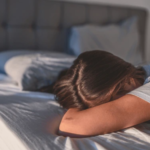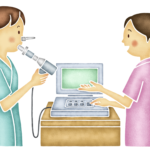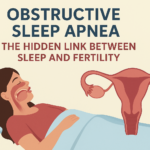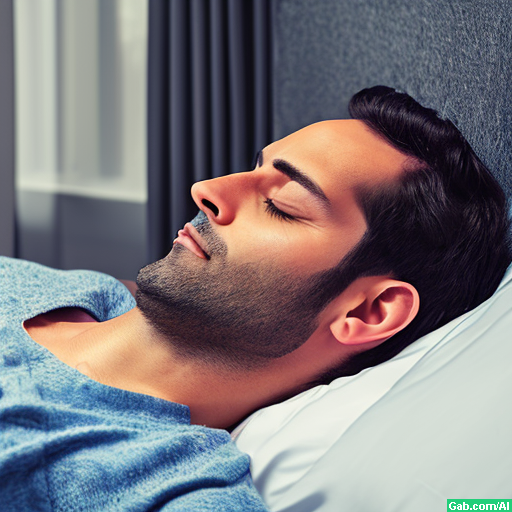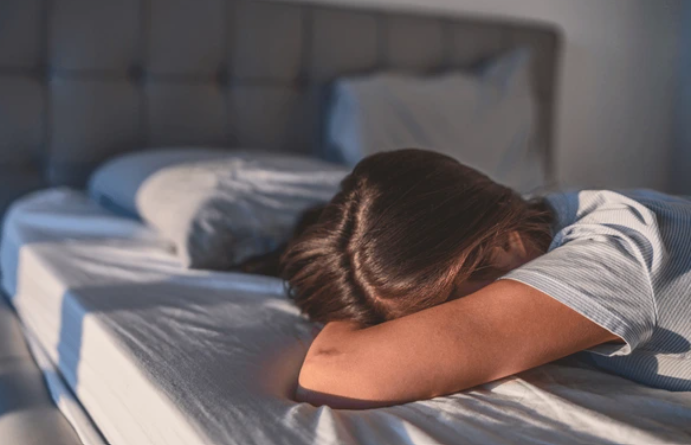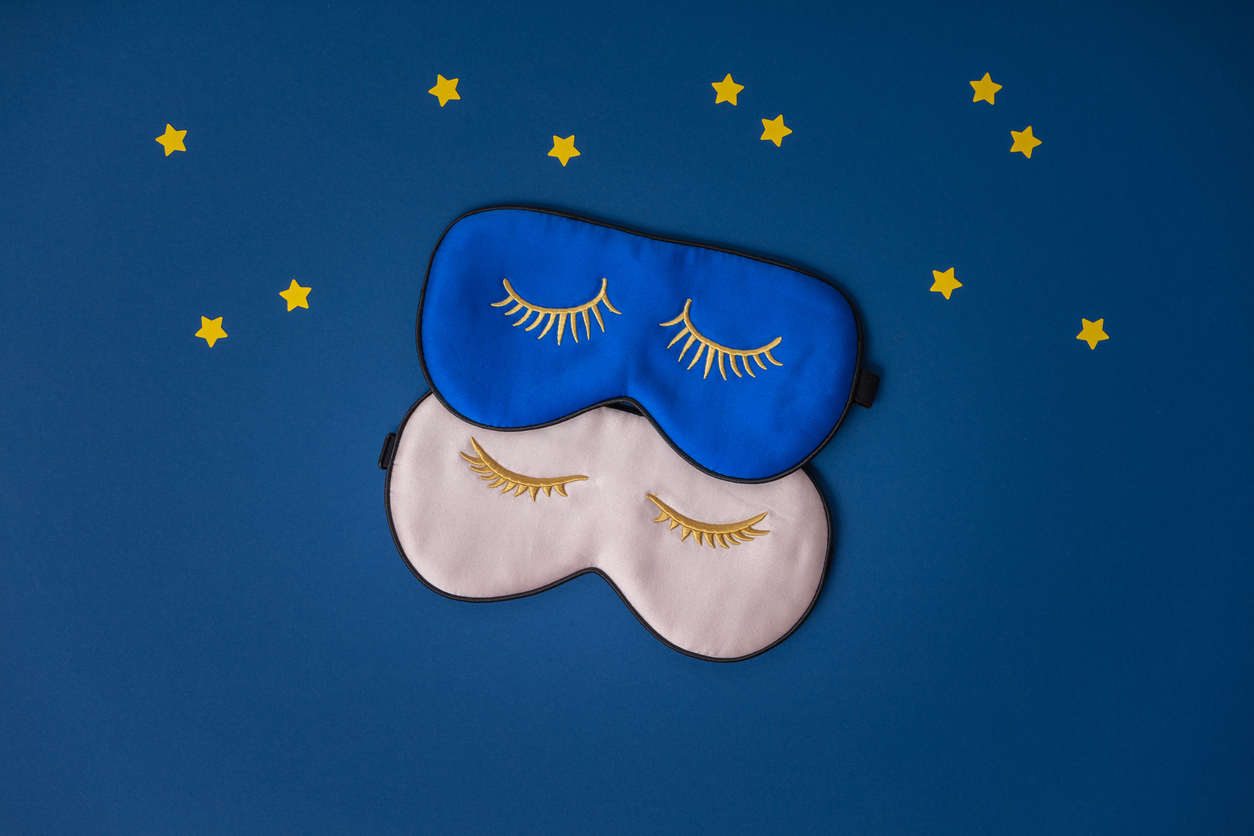By Dr.Manvir Bhatia/Ananya-7th February 2024
Sleep performs a number of vital roles that support both cognitive and physical health. The body performs essential functions for healing when we sleep, including muscular growth, tissue regeneration, and growth hormone release. Furthermore, during various sleep stages, memory consolidation and interpretation of emotional experiences take place, which are extremely essential for overall emotional and cognitive health. However, there are many different aspects of sleep, and good hygiene is one of them.
The term “sleep hygiene” describes a collection of behaviors and routines intended to support both general health and quality of sleep. These habits cover a range of areas related to daily schedule, sleeping environment, and lifestyle decisions. People can improve their sleep quantity and quality, which has several positive effects on their physical, mental, and emotional well-being, by practicing good sleep hygiene.
Here are a few features of a good sleep hygiene:
- Regular Sleep pattern: Even on weekends, keeping a regular sleep pattern entails going to bed and waking up at the same times each day. This promotes a more regular sleep-wake cycle by regulating the circadian rhythm, the body’s internal clock.
- Developing a Calm Nighttime habit: Getting into a peaceful nighttime habit tells your body that it’s time to relax. This could involve doing things like reading a book, having a warm bath, or meditating or deep breathing as ways to unwind.
- Comfortable Sleep Environment: Getting a good night’s sleep depends on having a comfortable sleep environment. This entails keeping the room cold and dark, getting a supportive mattress and cushions, and reducing light and noise disturbances. The intention is to create a room that encourages unwinding and restful sleep.
- Reducing Screen Time Before Bed: The blue light that electronic gadgets emit can disrupt the body’s melatonin production, which is a hormone that controls sleep. Reducing screen time an hour or so before bed is recommended to encourage the body’s normal sleep cycle.
- Keeping an eye on your diet and fluid intake will help you sleep better at night. Avoid large meals, coffee, and excessive fluid consumption right before bed. These drugs have the potential to interfere with sleep cycles and cause discomfort during night.
- Avoiding or Restricting Naps: Although quick naps can be helpful, particularly for people who get sleepy during the day, it’s important to restrict how long naps last and to avoid taking naps too close to bedtime. Lengthy or late-afternoon naps can disrupt your sleep at night.
According to a study published in the Journal of Clinical Sleep Medicine by Miller et al., on 56 young adults between the age of years, sleeping in a comfortable environment, limiting naps to 30 minutes and sleeping on time everyday improved their sleep quality.
Adopting proper sleep hygiene can have a powerful impact on various aspects of your physical and mental health. Here are some key aspects of the power of sleep hygiene:
- Better Sleep Quality: Maintaining appropriate sleep hygiene habits contributes to the establishment of a sleeping environment that is conducive to uninterrupted, restful sleep. This entails keeping the bedroom cool and dark, getting comfy pillows and mattresses, and reducing noise and disturbances.
- Improved Mental Health: Sleep quality has a direct impact on mental health. Improved emotional resilience, a happier mood, and less stress are all influenced by getting enough restorative sleep. Conversely, insufficient sleep is linked to a higher chance of developing anxiety and depression.
- Enhanced Cognitive Function: Attention, memory, and problem-solving skills all depend on getting enough sleep. Improved focus and general cognitive function can be attributed to good sleep hygiene.
- Benefits Physical Health: Several facets of physical health are supported by good sleep hygiene. It is associated with a decreased risk of long-term illnesses like diabetes, obesity, and cardiovascular diseases. Additionally, sleep is necessary for the immune system to operate efficiently.
- Regulated Hormones: The equilibrium of hormones is influenced by sleep. Hormones like growth hormone, which is vital for growth and repair, insulin, which controls blood sugar, and cortisol, the stress hormone, are all balanced out when people get enough sleep.
- Optimal Performance: Good sleep habits are a key component of optimal performance for anyone, be it professionals, students, or athletes. For instance, athletes who get enough good sleep have better physical performance and recuperation.
- Enhanced Immune Response: A healthy immune system depends on sleep. A good night’s sleep improves the body’s resistance to infections and disease.
- Improved Stress Management: Getting a good night’s sleep is essential for reducing stress. Getting enough sleep helps the body and mind recuperate from everyday tensions, which enhances one’s capacity to handle obstacles.
- Decreased Accident Risk: Lack of sleep or poor quality sleep can affect one’s ability to think clearly and respond quickly, which raises the possibility of accidents. Adhering to appropriate sleep hygiene measures can enhance overall security.
In conclusion, sleep hygiene involves a holistic approach to promoting healthy sleep patterns. By incorporating these practices into one’s daily routine, individuals can create an optimal sleep environment and foster habits that contribute to restful, restorative sleep, ultimately enhancing overall health and well-being. However, if sleep problems persist despite adopting good sleep hygiene practices, it’s important to consult with a healthcare professional. Chronic insomnia or other sleep disorders may require medical attention and intervention.
References:
Miller, M. B., Curtis, A. F., Hall, N. A., Freeman, L. K., Everson, A. T., Martinez, L. D., Park, C. J., & McCrae, C. S. (2022). Daily associations between modifiable sleep behaviors and nighttime sleep among young adult drinkers with insomnia. Journal of clinical sleep medicine : JCSM : official publication of the American Academy of Sleep Medicine, 18(3), 703–712. https://doi.org/10.5664/jcsm.9706


